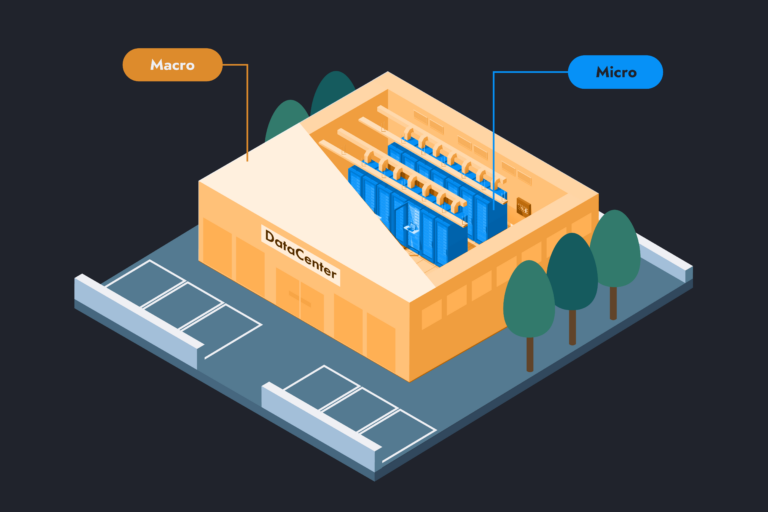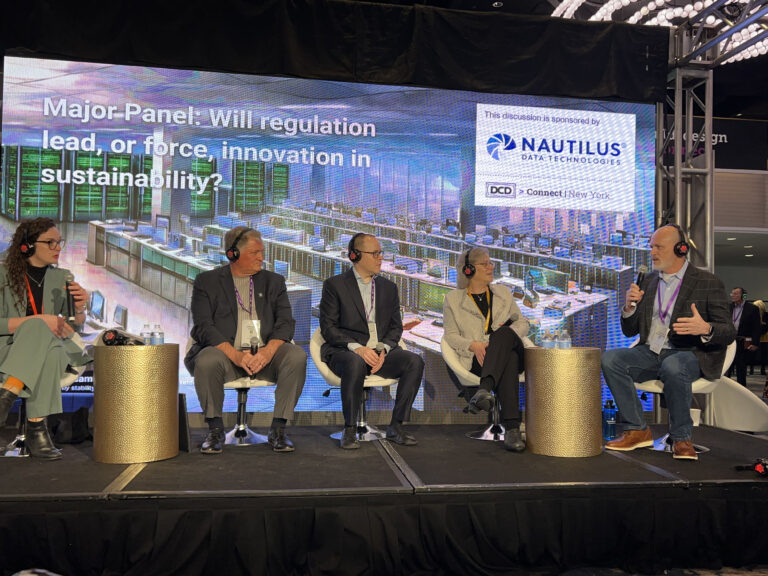For a decade or more, we’ve all been hearing “this is the year we’ll see liquid cooled data centers.” And every year, we’ve seen a few liquid cooled HPC clusters, or we’ve seen it in small-scale deployments, but we’ve never seen liquid cooling tip over into a mainstream data center technology.
But if you follow the industry, since 2022, you’ve probably heard more about liquid cooling than ever before, and you’ve watched industry leaders like Meta announce that they’re redesigning their data centers to use liquid cooling, at scale.
It seems we’re at an inflection point for liquid cooling adoption, with massive deployments underway, cooling leaders like Trane getting on the bandwagon, innovators like Hypertec and Submer pushing the envelope on new liquid cooling designs, and accelerated adoption in some countries, including China.
Though liquid cooling has been used in industry since the 18th century, it’s still relatively new to data centers. So why all the sudden interest?
Well, to put it simply, the data center industry is experiencing unprecedented opportunity to change the designs and economics of running their data centers by shifting toward liquid cooling as rapidly as possible.
The opportunity is all due to physics. Liquid cooling is a more efficient and environmentally friendly way to cool data centers than air cooling, because, compared with air, water is 23.5 times more efficient at transferring heat, and it has four times the heat carrying capacity. That physical efficiency and capacity translates into new opportunities for operational efficiency and capacity.
The higher heat carrying efficiency and capacity of liquid cooling is critical to the future of the industry. Today’s server innovation, intended to power intensive workloads like Generative AI, are forcing data center operators to consider a future where a 1U server will consume 1kW, 2kW, or even 3kW — generating 40-120kW of heat per rack — which simply cannot be handled with air.
In addition to being more efficient, liquid cooling also has a number of other benefits. It:
- Supports smaller designs: Liquid cooling systems require less space than air cooling systems, and can support more data center density, which can save on real estate costs.
- Reduces cooling noise: Liquid cooling systems are much quieter than air cooling systems, which can make them more appealing to businesses located in urban areas. Noise is not only socially annoying, it can cause trouble with regulations, and it’s a sign of wasted power efficiency.
- Cuts water consumption: Liquid cooling systems can help to reduce water consumption, as they do not require as much water for evaporative cooling. Many liquid cooling systems consume no water at all. Reducing water consumption is both environmentally and economically sound.
- Minimizes carbon footprint: The physical efficiency of liquid cooling can help to reduce the carbon footprint of data centers, as it can help to reduce the amount of energy and water that is used. In some server designs, up to 60% of the total power consumed goes to running the fans. Liquid cooling cuts power consumption at the server level and at the cooling system level. These cuts translate into cost savings.
- Is tunable to quick changes in demand: Liquid cooling is the best way to cool data centers that use artificial intelligence (AI) and machine learning (ML), as these technologies can have rapid swings in utilization and power consumption. It’s almost impossible to reduce air cooling for a single rack, but it’s easy to tune liquid cooling to a granular server or rack level, providing a more efficient way to tune cooling to utilization.
- Aligns to new regulations: municipalities and countries are scrutinizing the power and water consumption of data centers. Liquid cooling efficiency gives data center operators a new tool for meeting emerging regulatory requirements. For example, the EU is setting targets for heat reuse by data centers. Liquid cooling makes hitting those targets easier.
- Headroom: we’re in the middle of unprecedented data center IT infrastructure innovation. It’s hard to predict what our infrastructure will look like in 5 or 10 years, and how much power it will consume. Smart data center operators with a long-term view know that the added headroom of liquid cooling will help them futureproof their data center designs instead of running the risks of expensive retrofitting in several years.
So if the industry has a perfect opportunity, what’s the best way to move forward?
Well, if you have the personnel, skill sets, and experience, taking a DIY approach to liquid cooling is doable. There are dozens of vendors, from startups to established enterprises, who will happily sell you products to incorporate into your designs. But that approach comes with uncertainty, the possibility of cost overruns, and delayed time to value.
Another approach is to choose the right partner who can handle liquid cooled data center design and build, at scale, anywhere in the world. What could you do with a partner who:
- Has a proven, unique approach to liquid cooling?
- Supports all the leading cooling tech, from D2C, rear door heat exchangers, to immersion cooling?
- Knows how to handle site selection, modular design/build, and rapid implementation for accelerated time to value?
Odds are good a partner with those capabilities would add to your success.
Nautilus Data Technologies is a partner you can trust.
The Nautilus technology and proven process to launch lets you deliver data center capacity:
- In less time
- With a smaller footprint
- Using fewer materials across every dimension
- That increases your usable capacity
- Exceeds sustainability goals
- And is liquid cooling native.
Did we mention our approach means we do all these things without an increase in cost?
If you’ve decided it’s the right time for liquid cooling, consider the Nautilus approach. We’ve delivered it at scale for production workloads in California (a place with the most stringent environmental regulations in the world), and we can deliver it for you too.


